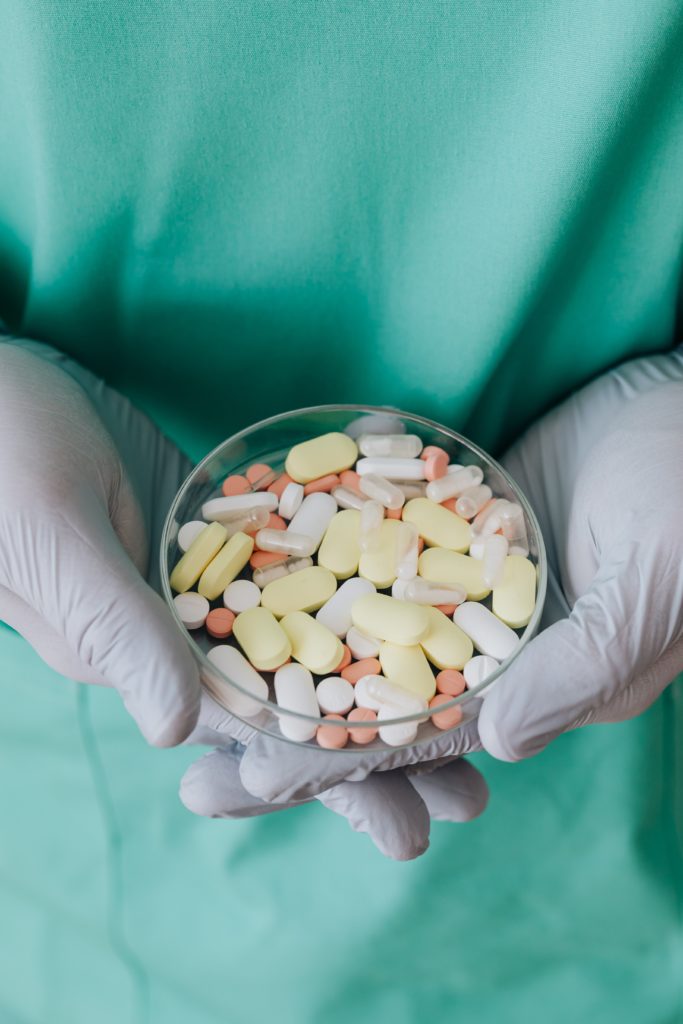Study Pharmacy in Europe in English
Studying pharmacy in Europe in English will typically take between 4 and 6 years, depending on your chosen field. But what happens after graduation? Are you a student who values a wide range of career options? If so, you’ve come to the right place. You chose this path not just to study, but to serve others, build financial security, and contribute to medical advancements. Congratulations on taking the first step toward a meaningful and impactful career!
If you opt to study in your original language and stay in your home country, you will be confined to practising solely in that country. Alternatively, you will need to complete a series of exams to demonstrate your English proficiency to practise pharmacy in English.
Deciding to study abroad is difficult, as is researching all universities. However, that isn’t something you should be concerned about.

Why Study Pharmacy in Europe?
Understandably, you’re hesitant to study pharmacy in another country. It’s natural to have reservations, but if you examine all of the benefits you’ll receive as a pharmacist, you won’t second-guess your decision.
European universities have some of the world’s best medical schools. They will give you the greatest possible preparation for your future. Thanks to the most cutting-edge technology available, you’ll jump right in and become a pharmacist in no time.
“Okay, I’ll receive a good education,” you might be thinking, “but where can I go after that?” You’re free to roam wherever you choose! Every country in the world recognises European pharmacy schools. These colleges have won the respect of practically every medical school around the globe by constantly working to improve and stay current.
Furthermore, the majority of European countries do not have high living costs. Whether you need €500 or €1500 a month is mostly up to you. Your preferences also determine rent costs. And these locations provide far too many possibilities.
You can live in a university dormitory, where you will have all of the necessary amenities and more for a modest monthly fee, or you can live independently. Of course, your rent may be slightly higher if you select a large flat near the city centre. But, to be honest, all you need is a one-bedroom apartment close to your university. Because, after all, isn’t that why you went there in the first place?
After you’ve decided on a pharmacy programme and where and how you’ll live, you’ll want to learn more about your choices after graduation.
You know how it feels to assist a stranger, such as an elderly woman crossing the street or a tiny child looking for their parents in a store. Don’t you just enjoy seeing their smiles afterwards? Imagine being able to assist people in getting better every day, seeing them happy and healthy because of you. And you’ll be well compensated for it.
The pharmaceutical excursion will take you to the medical equivalent of Alice’s Wonderland. Every day, you will participate in research and learn something new. Maybe you’ll be one of the scientists who discover a cancer cure one day.
You can work in various industries and careers, such as a medical science liaison, a toxicologist, a business owner, or even open your pharmacy.
Another advantage of studying pharmacy in English in Europe is that the tuition expenses are not excessive. They begin at roughly €6,000 per year and are unlikely to exceed €11,000.
When it comes to choosing where to study, global recognition is crucial. Choose a globally recognised university, such as the Europeans, so your diploma will be accepted in any workplace worldwide.
Criteria for studying pharmacy in Europe
Except for the three universities indicated above, admission criteria across Europe are similar. High school graduation is required and acceptable grades in scientific disciplines such as biology and chemistry. Some institutions may also demand strong math and physics grades.
To study pharmacy in English, you must have an English language certificate. Medical schools have their English-language exam if you don’t have one.





